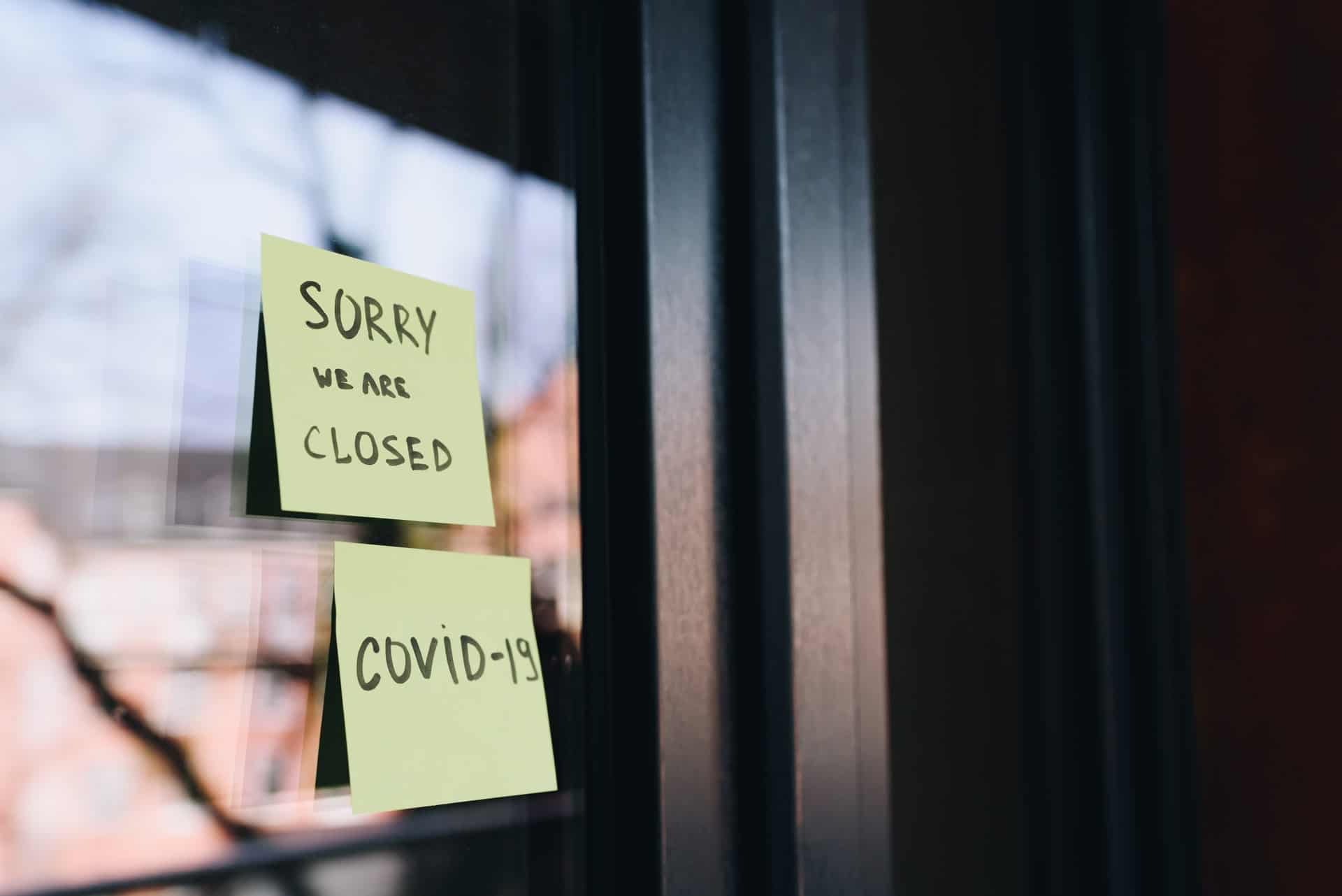In Dwyer (UK) Franchising Ltd v. Fredbar Ltd & Bartlett [2021] EWHC 1218 (Ch), the High Court ruled that self-isolating due to coronavirus (COVID-19) counted as ‘force majeure’, i.e. a valid unforeseen reason for a party to be unable to perform its contractual obligations without being liable for breach of contract.
This recent High Court judgment provides helpful guidance to businesses whose ability to fulfil their contracts may have been affected by the COVID-19 pandemic and the rules and regulations that have emerged as a result.
What is ‘force majeure’?
If a party fails to fulfil its responsibilities under a contract, that party can be sued by the other contracting party (and found liable by the Court) for breach of contract.
However, many commercial contracts include clauses that set out what happens if a party is unable to fulfil its contractual responsibilities because of an unforeseen event outside of its control (such as war, natural disasters, or pandemics such as COVID-19). Those clauses are called ‘force majeure’ clauses.
Depending on the specific wording used in the relevant contract, ‘force majeure’ clauses can:
- excuse the affected party from performing all of its contractual responsibilities;
- excuse the affected party from performing some of its contractual responsibilities;
- excuse the affected party from delay in performing its contractual responsibilities; or
- entitle the affected party to extend or suspend the timeframe for performing its contractual responsibilities.
The Facts
Under a franchise agreement between the parties, the franchisor gave the franchisee an exclusive 10-year licence to provide plumbing and drainage repair work under the ‘Drain Doctor’ name within nine specific Cardiff postcode areas. The franchise agreement included a ‘force majeure’ clause, which stated that:
This Agreement will be suspended during any period that either of the parties is prevented or hindered from complying with their respective obligations under any part of this Agreement by any cause which the Franchisor designates as force majeure including strikes, disruption to the supply chain, political unrest, financial distress, terrorism, fuel shortages, war, civil disorder, and natural disasters.
The franchisee’s director, Mr Bartlett, was notified by the Chief Medical Officer of NHS Wales in March 2020 that his young son was vulnerable and that the best way to avoid COVID-19 was to stay at home for the following twelve weeks. Mr Bartlett then provided a copy of that notification to the franchisor, explained that he would need to self-isolate (and would be unable to provide plumbing or drainage repair services) in order to avoid the coronavirus and suggested the possibility of suspending the franchise agreement under the ‘force majeure’ clause.
While the franchisor responded by claiming that the ‘force majeure’ clause did not apply as plumbing and drainage works were a key worker service that could be provided differently, Mr Bartlett nevertheless self-isolated in order to avoid exposure to the coronavirus. The franchisor subsequently brought a claim against the franchisee for alleged breach of contract.
The Decision
While the ‘force majeure’ clause did require the franchisor to decide whether a particular event counted as ‘force majeure’, there was an implied requirement on the franchisor under the Braganza principles to act honestly, in good faith, and genuinely when deciding whether or not an event counted as ‘force majeure’.
The Judge held that the requirement to self-isolate to avoid COVID-19 counted as ‘force majeure’ and so did not breach the franchise agreement; the Judge also added in his judgment that the franchisor’s conduct:
represented a failure to treat a franchisee compassionately in the context of exceptional circumstances which required all companies to adopt a reasonable approach rather than apply strict legal rights.
Instructing our Litigation Lawyers
We ensure that we provide the best possible outcome for our clients by conducting in depth investigation and research into the realistic prospects of a case before selecting the appropriate course of action in order to reduce time and expense. Liability for costs is always an issue in litigation and based on our extensive litigation experience we provide our clients with as much strategic, practical as well as carefully considered legal advice in order to ensure minimum risk in respect of costs. Where appropriate we encourage the use of alternative dispute resolution (such as mediation and without prejudice negotiation) and our lawyers’ negotiation skills are first class. If early settlement at advantageous terms is not possible, we are extremely experienced and capable at navigating our clients through the litigation process.
